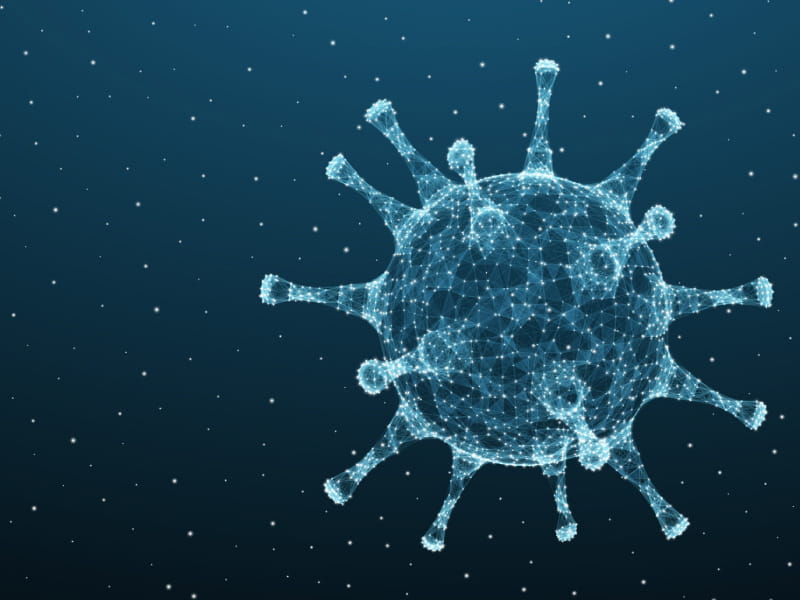People with heart defects at greater risk for severe illness, death if hospitalized for COVID-19
By American Heart Association News

People hospitalized with COVID-19 were up to twice as likely to die or be critically sick if they also had congenital heart defects, new research finds.
People born with heart defects also had a higher risk of needing a ventilator or being treated in the intensive care unit than people without heart defects, according to the study published Monday in the American Heart Association journal Circulation.
Having another underlying health condition – such as heart failure, pulmonary hypertension, Down syndrome, diabetes or obesity – in addition to a heart defect placed people at highest risk for the most severe illness from COVID-19. Men and people 50 or older also were among those at highest risk.
The study is one of the first to shed light on the added risk to people with heart defects who are infected with the virus that causes COVID-19.
"Data comparing COVID-19 outcomes among individuals with and without congenital heart defects has been limited," lead author Karrie Downing said in a news release. She is an epidemiologist at the National Center on Birth Defects and Developmental Disabilities at the Centers for Disease Control and Prevention in Atlanta.
Congenital heart defects occur when the heart, or the blood vessels near it, fail to develop properly before birth. There are more than a dozen different types, but having some kind of heart abnormality is the most common type of birth defect worldwide, according to AHA statistics.
Researchers analyzed medical records for 235,638 people with and without congenital heart defects who were hospitalized for COVID-19 across the U.S. from March 2020 until January 2021. Patients were between 1 and 64 years old.
Compared to patients without them, those who had heart defects had higher rates of ICU admittance, 54% compared to 43%; higher ventilator use, 24% compared to 15%; and higher rates of death, 11% compared to 7%. The increased risks held true regardless of age or having other health conditions.
But not all COVID-19 patients with heart defects experienced poor outcomes, Downing said, which points to the need for more research to identify why.
And Downing said the results suggest health professionals should pay particular attention to preventive care for people born with heart defects.
"People with heart defects should be encouraged to receive the COVID-19 vaccines and boosters and to continue to practice additional preventive measures for COVID-19, such as mask-wearing and physical distancing," she said. "People with heart defects should also consult with their health care teams about additional steps to manage personal risks related to COVID-19, given the significantly increased risk of severe infection and serious complications."
If you have questions or comments about this story, please email [email protected].





